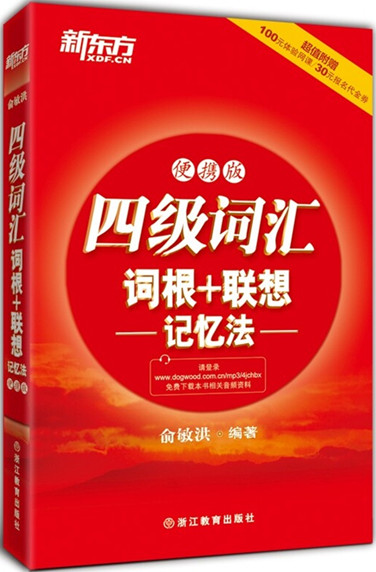Trade-off
But the snag is that modern society demands many of them, and some are essential for survival. So while we invoke the precautionary principle, which always recommends erring on the side of caution, we have to recognize there will be trade-offs to be made.
The pesticide DDT does great damage to wildlife and can affect the human nervous system, but can also be effective against malaria (疟疾). Where does the priority lie?
The industrialized world has not yet cleaned up the mess it created, but it is reaping the benefits of the pollution it has caused. It can hardly tell the developing countries that they have no right to follow suit.
Another complication in tackling pollution is that it does not respect political frontiers. There is a U.N. convention on trans-boundary air pollution, but that cannot cover every problem that can arise between neighbors, or between states which do not share a border. Perhaps the best example is climate change-the countries of the world share one atmosphere, and what one does can affect everyone.
For One and All.
One of the principles that are supposed to apply here is simple-the polluter pays. Sometimes it is obvious who is to blame and who must pay the price, but it is not always straightforward to work out just who is the polluter, or whether the rest of us would be happy to pay the price of stopping the pollution.
One way of cleaning up after ourselves would be to throw less away, designing products to be recycled or even just to last longer.
Previous generations worked on the assumption that discarding our waste was a proper way to get rid of it, so we used to dump nuclear materials and other potential hazards at sea, confident they would be dispersed in the depths.
We now think that is too risky because, as one author wrote, "there's no such place as 'away', and there's no such person as the 'other'."
Irritating Air
Despite recent improvements, however, the health problems are still there. A 2002 medical study, carried out by Durban's Nelson Mandela School of Medicine and a U.S. university, found that an abnormally high 52% of students and teachers at a primary school bordering the Engen plant suffered from asthma (哮喘). It found that increases in air pollution tended to aggravate asthma symptoms in children.
The petrol producers do not dispute the findings but argue that researchers were unable to establish a causal link between air pollution and the high prevalence of asthma among the school population.
For the community, the next step is to take legal action. But, according to internationally recognized environmentalist Bobby Peek, targeting the companies would be difficult as it would be near-impossible to prove that illnesses suffered were caused by pollution coming from a particular plant.
Mr. Peek, who grew up beneath Engen's stacks, says the activists are now considering taking action against the authorities. "We are now looking at suing the government on constitutional grounds, for failing to ensure our right to protection from a harmful environment as stipulated in the constitution," he said.
Legislative Change
A new batch (批) of environmental laws, the National Air Quality Management Act, has just been passed by the South African parliament to replace outdated 1965 legislation with tighter controls and tougher sanctions.
Martinus van Schalkwyk, the minister of environmental affairs and tourism, visited the south Durban basin earlier this year and said there were measures in place to improve the situation. "I share the anger and frustration of this community. It is long overdue," he told the South African Broadcasting Corporation.
The local authorities have also established a "Multi-Point Plan" for the area. They say it is a powerful model for tackling pollution and points to a 40% reduction in sulphur dioxide emissions in recent years.
1. According to World Health Organization, how many people are killed by outdoor air pollution?
 ,我们将会及时处理。
,我们将会及时处理。 | .. 定价:¥36 优惠价:¥36.0 更多书籍 |
 | .. 定价:¥21 优惠价:¥21.0 更多书籍 |